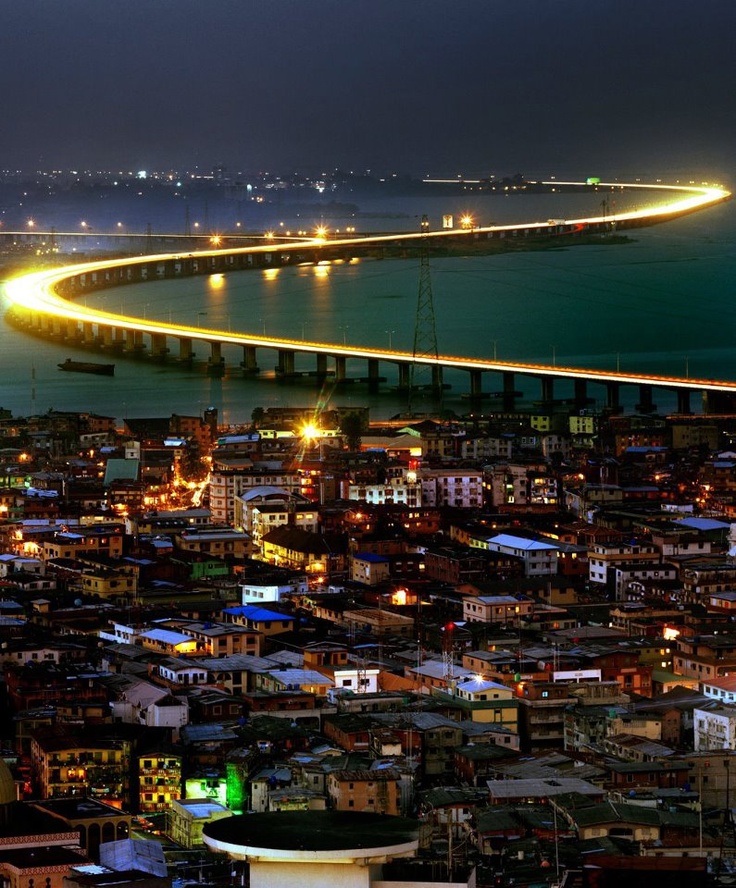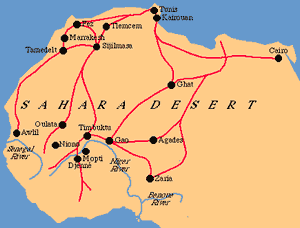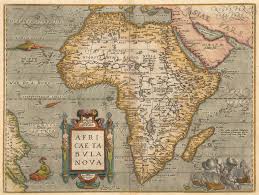The Origins and Evolution of Lagos: From Ancient Settlement to Megacity

The Origins and Evolution of Lagos: From Ancient Settlement to Megacity
Trace the transformation of Lagos from a humble fishing settlement into a thriving African megacity, rich in history, culture, and global influence.
Lagos, the economic heartbeat of Nigeria, is a city with a rich history that dates back centuries. Today, it is Africa’s most populous urban center and a global economic hub. But how did this bustling metropolis come to be? The story of Lagos begins with its indigenous Awori settlers, continues through its transformation under Portuguese, Benin, and British influences, and unfolds into its present-day status as a megacity.
Ancient Beginnings: The Awori Settlement
Early Awori settlement in Lagos,
The Awori people, a subgroup of the Yoruba ethnic group, originally inhabited Lagos. The Awori settled on Lagos Island, which they called "Eko," a name still used by Lagosians today. They engaged in fishing, farming, and trade, establishing a small but thriving community.
According to oral tradition, Olofin, a leader of the Awori, divided Lagos Island among his ten sons. One of them, Aromire, cultivated a pepper farm on what would later become the site of the Oba’s palace, Iga Idunganran.
Benin Influence and the Rise of a Kingdom
In the 16th century, the Benin Kingdom sought to expand its influence into the region. The Awori successfully resisted the initial Benin incursions. However, over time, the Bini people, who were part of the Benin Kingdom, settled on Lagos Island and gained control. The Benin King (Oba of Benin) appointed a local leader, Ashipa, as the first Oba of Lagos. This marked the beginning of a long-standing tribute system in which Lagos paid homage to Benin.
Under Benin rule, Lagos became an important trading hub, particularly for cloth, spices, and later, enslaved people. The town grew as traders and settlers arrived from across the region.
European Contact and the Era of the Slave Trade
Portuguese explorers first arrived in Lagos in 1472, led by Rui de Sequeira, who named the settlement “Lagos” after a town in Portugal. By the 17th century, Lagos had become a significant center for the transatlantic slave trade. European traders, particularly the Portuguese and later the British, conducted business with the local rulers, exchanging goods for enslaved Africans.
Obas of Lagos maintained good relations with European merchants, benefiting from the lucrative trade. However, the slave trade also brought conflict, as different factions within Lagos and surrounding regions vied for control over commerce.
British Colonization and the End of the Slave Trade
The British bombardment of Lagos in 1851 led to the overthrow of Oba Kosoko and the eventual annexation of Lagos as a British colony.
The 19th century saw increasing British intervention in Lagos affairs. Britain, which had abolished the transatlantic slave trade in 1807, sought to suppress it in West Africa. This led to direct military intervention. In 1851, the British Navy attacked Lagos in what became known as the Bombardment of Lagos, deposing Oba Kosoko, who was a supporter of the slave trade. The British installed Oba Akitoye, who agreed to abolish slavery.
By 1861, Lagos had been annexed as a British colony through the Treaty of Cession signed by Oba Dosunmu under pressure from the British. This marked the beginning of colonial rule, as Lagos was governed as part of British West Africa.
Lagos Under British Rule
Under British administration, Lagos grew rapidly. The colonial government introduced infrastructure projects such as roads, railways, and a port. The city attracted migrants from across Nigeria and beyond, including freed slaves from Sierra Leone and Brazil. These returnees, known as the “Saro” and “Aguda,” played a key role in shaping Lagos’s culture and architecture.
Lagos was officially declared a British protectorate in 1900 and later merged with the Southern Protectorate of Nigeria in 1906. It became the capital of Nigeria in 1914, when the British formally united Northern and Southern Nigeria.
Lagos in Independent Nigeria
Lagos remained Nigeria’s capital after independence in 1960, growing into a major commercial and administrative center. However, as Nigeria’s population exploded, so did the challenges of congestion, inadequate infrastructure, and political instability. In 1991, the federal capital was moved to Abuja to ease pressure on Lagos.
Despite losing its capital status, Lagos continued to thrive. It became the country’s financial hub, attracting businesses, industries, and millions of people seeking economic opportunities. Today, Lagos remains Nigeria’s most influential city, home to thriving industries, entertainment (Nollywood), and some of Africa’s largest markets.
The story of Lagos is one of resilience, transformation, and continuous growth. From its origins as an Awori settlement to its evolution into a Benin-controlled kingdom, a European trading post, and eventually a global megacity, Lagos has maintained its position as a city of opportunity and influence. Despite its challenges, Lagos continues to shape Nigeria’s future, proving that its history is far from over.


